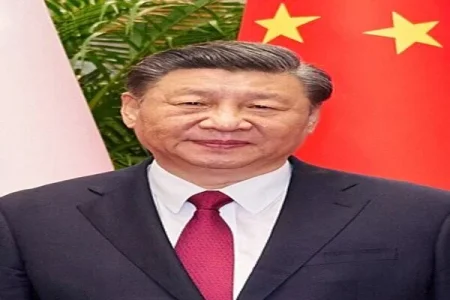
China is slashing the number of U.S. films entering its theaters in response to Trump’s increased tariffs on Chinese goods. The decision, announced by the China Film Administration, reflects both trade retaliation and shifting public sentiment, creating new uncertainties for Hollywood in the world’s second-largest movie market.
Beijing — In a sharp turn that signals rising cultural tension amid an already heated trade war, China announced Thursday that it will begin limiting the number of American films allowed into its cinemas, citing retaliation for the United States’ latest round of tariff hikes on Chinese goods.
The China Film Administration (CFA) revealed plans to "moderately reduce" U.S. film imports, a move viewed by many as a calculated rebuke of President Donald Trump’s recent decision to raise tariffs on Chinese products from 104% to 125%.
The CFA emphasized that the shift is not merely economic but reflects a cooling sentiment toward American content in China's domestic market. “The U.S. government’s misuse of tariffs will inevitably dampen Chinese audience enthusiasm for Hollywood,” the agency said in a statement.
While not an outright ban, the policy is expected to deal a significant blow to U.S. studios increasingly dependent on international revenue—particularly from China, the world’s second-largest box office.
Chinese regulators added that they will bolster the import of films from other countries, further signaling a pivot away from Hollywood dominance. The CFA said the change will be governed by “market rules” and audience preference.
Industry insiders warn the implications for Hollywood could be steep. In recent years, China has played a vital role in propping up global box office returns for big-budget releases. “Losing access to that audience will force studios to rethink content, distribution, and profitability,” said Lara Denton, an entertainment trade analyst.
As tensions between the U.S. and China escalate, the battleground appears to have extended beyond economics into culture, media, and public sentiment—a shift that could redefine global entertainment for years to come.




